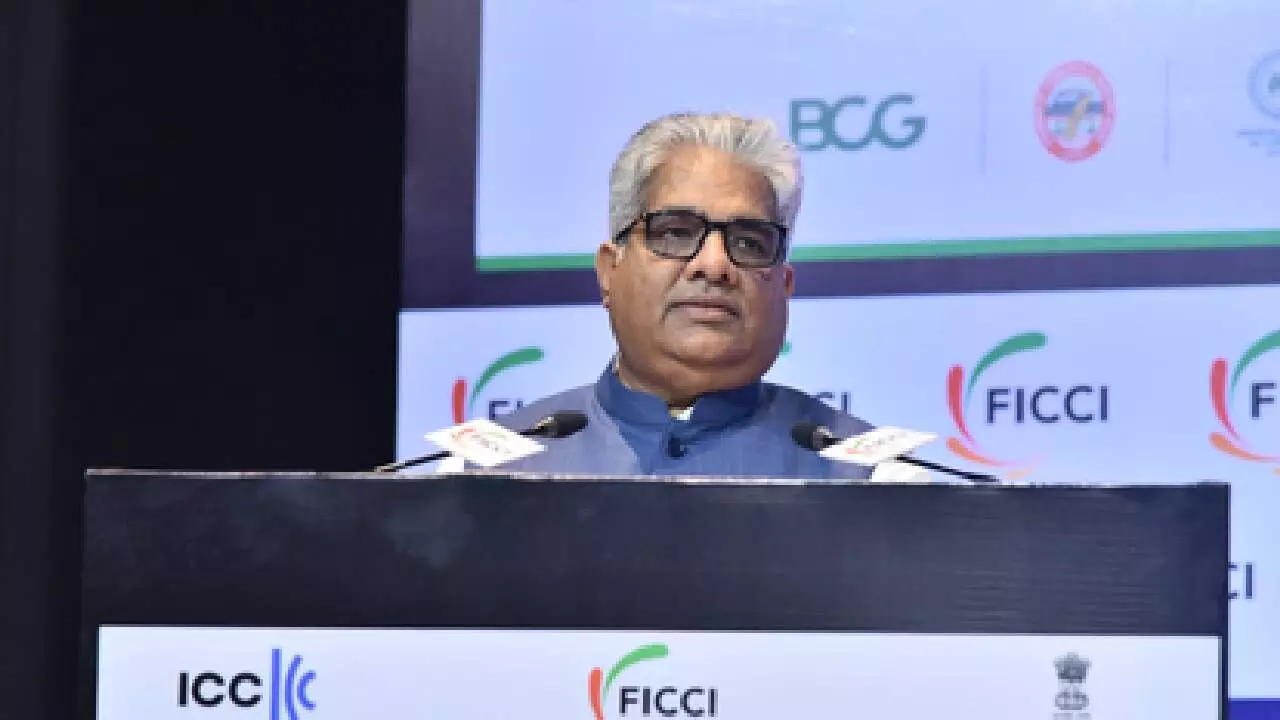India needs $10 trn for net-zero by 2070
Accelerating pvt investment in renewable energy
image for illustrative purpose

New Delhi: India will require over $10 trillion by 2070 for achieving its Net Zero ambitions and towards this, the country is fostering vital blended finance mechanisms that leverage public money to de-risk and accelerate private investment in renewable energy, energy efficiency, electric mobility, waste-to-wealth and nature-based solutions, Union Minister Bhupender Yadav said on Thursday. The 21st century presents a twin responsibility for nations such as India — meeting the developmental aspirations of a young and ambitious population while simultaneously protecting the planet from the impact of climate change, biodiversity loss and ecological degradation.
Under the leadership of Prime Minister Narendra Modi, India has chosen a path that is marked by ambition, innovation, and transformation, said the minister at the 4th edition of FICCI’s LEADS event here, lauding the industry for reflecting the spirit of pursuing both economic growth and ecological sustainability.
Delivering a keynote address on the subject of Green Financing, the minister underscored that the pathway to building economies of the future rests on aligning progress and profits with sustainability, with people and ecosystems placed at the centre of growth.
He stressed that collaborative growth among governments, industry, regulators, global financial institutions, and citizens is key to meeting the challenge of climate change while ensuring inclusive economic development.
In his address, the Minister took the audience through the journey of industrialisation and progress that has contributed to global environmental degradation over the past two centuries. He pointed out that the rising global temperature thresholds—1.5 to 2 degrees Celsius—symbolise not merely climate science but the consequences of unsustainable growth. The industry, he argued, must be mindful not only of its profit figures but also of the environmental costs hidden behind them.
He emphasised that green finance is not to be seen as a niche intervention but as the backbone of competitive and resilient economies. It involves restructuring capital flows so that every investment — in infrastructure, agriculture, transport, or industry — not only yields economic returns but simultaneously strengthens sustainability.

